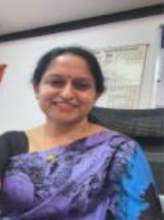Global Nursing Leadership Institute™ (GNLI) 2026

Applications to the Global Nursing Leadership Institute (GNLI) 2026 Programme are now closed.
GNLI is a year-long programme that builds on the International Council of Nurses’ (ICN) legacy of working with senior nurses from around the world to increase their leadership understanding and expertise.
During the programme, scholars will enjoy opportunities to network with ICN, WHO and other global and regional health institutions and leaders, while developing policy-based projects based on the WHO priorities for their regions.
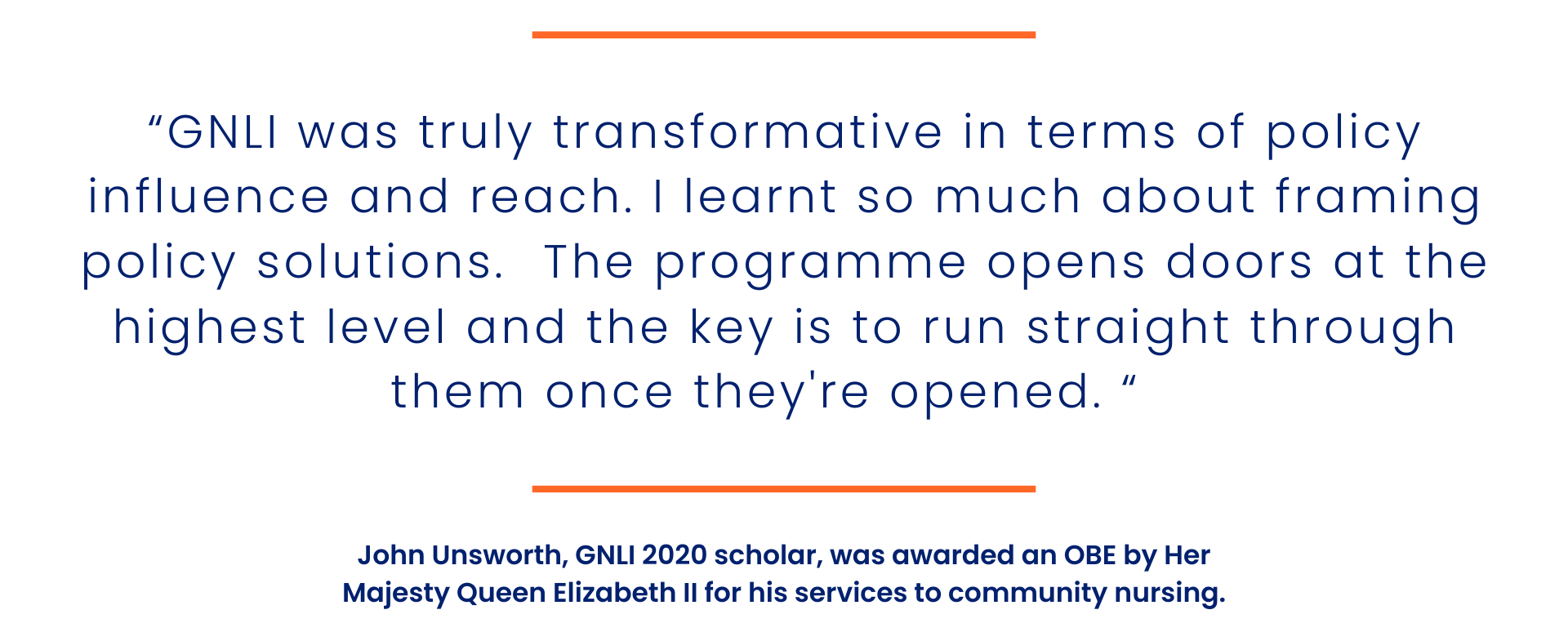
How to apply?
For an application to be considered complete, it must contain all necessary information and supporting documents. This includes:
- an updated résumé
- a short introductory video
- a letter of support
- a recommendation letter
- proof of English proficiency (if applicable), as the programme is conducted entirely in English, requiring participants to have strong reading, writing and speaking skills
Applicants who are shortlisted may be invited for a short virtual interview with the GNLI Directors.
Nurses from around the world will be selected as GNLI 2026 scholars through a competitive process. Successful applicants will be expected to find their own source of funding to attend, while bursaries may be available for those from low- and lower-middle-income countries (as per the World Bank classification).
Programme Dates

Programme Overview
GNLI encourages you to focus on your personal and professional development as a necessary foundation to becoming a more effective leader. You will set your own programme goals during Module 1, using templates and support documents; review and develop your competencies during Module 2; and create an individual development plan to work on during and beyond the programme.
Module 1
This online module follows a cohort-based structure, starting with an all-scholar kick off session on 9 June 2026. You will be required to complete 12 assignments, with some to be submitted by specific deadlines. These assignments include preparatory reading, reviewing health and nursing data in your country, and identifying a project relevant to your work that you will continue to develop throughout the programme.
By the end of Module 1, you will select a focus for a Regional Project that aligns with the WHO regional office’s priorities and the WHO Global Strategic Directions for Nursing and Midwifery (GSDNM).
Module 2
This residential module provides the intensive interactive learning experiences that constitute the core of GNLI. Scholars are expected to be fully present for the entire week in Geneva, Switzerland. Meals are shared with other scholars, faculty and guests. The days begin at 08:00 AM CET and end after dinner around 09:00 PM CET.
This module includes discussions on:
-
Policy process and its political context
-
Strategies for evidence-based policy change that promote population health
-
Role of nurses in leading local, national, regional and global health and social policy
-
Effective communication skills for leaders including framing, messaging and use of media
-
In-depth explorations of the social determinants of health (SDOH), Sustainable Development Goals (SDGs), health disparities and gender equity, with reflections on their relevance to the work of ICN, WHO and the WHO Global Strategic Directions for Nursing and Midwifery (GSDNM)
It also includes a site visit to WHO headquarters and meetings with global leaders.
Module 3
The module includes assignments on continuing work with in-country mentors, continuing to refine and implement your individual development plan, presentations of Regional Project plans and implementation.
GNLI scholars who complete the programme will be awarded 52 International Continuing Nursing Education Credits (ICNEC).
Note that scholars are required to participate in 80% of the scheduled online sessions in Modules 1 and 3 and be fully present during the Module 2 on-site week in Geneva to successfully complete the programme, receive a certificate of completion, and participate in the GNLI Alumni Network.
Programme Fees*
* Consult the classification of your country of residence according to the World Bank here
* Consult ICN National Nurses Association members' list here
The fees cover all tuition; programme learning materials; use of and access to the online educational platform; full accommodation and meals for the residential Module in Geneva; transfers from/to Geneva airport on arrival and departure; two receptions and a site visit to the WHO headquarters.
Bursaries may be offered to applicants working, living and participating from a low- or lower-middle-income country as per the World Bank classification.
Programme Outcomes
By completing the programme, you will be able to:
-
Shape, develop, support and drive evidence-based health and social policy
-
Undertake stakeholder analyses and political environmental analyses to influence the definition of problems, building of coalitions and framing of solutions
-
Use political, strategic and advocacy skills to work with policy stakeholders, including politicians and government officials, health system leaders, and international and non-governmental organisations
-
Review and frame the evidence base in local, national and international political, health and social care contexts
-
Create and communicate clear policy messages that appeal to politicians, policy-makers, and the public
-
Join the GNLI Alumni, a network of regional and global nurse leaders in policy
Hear from the scholars!
> 2
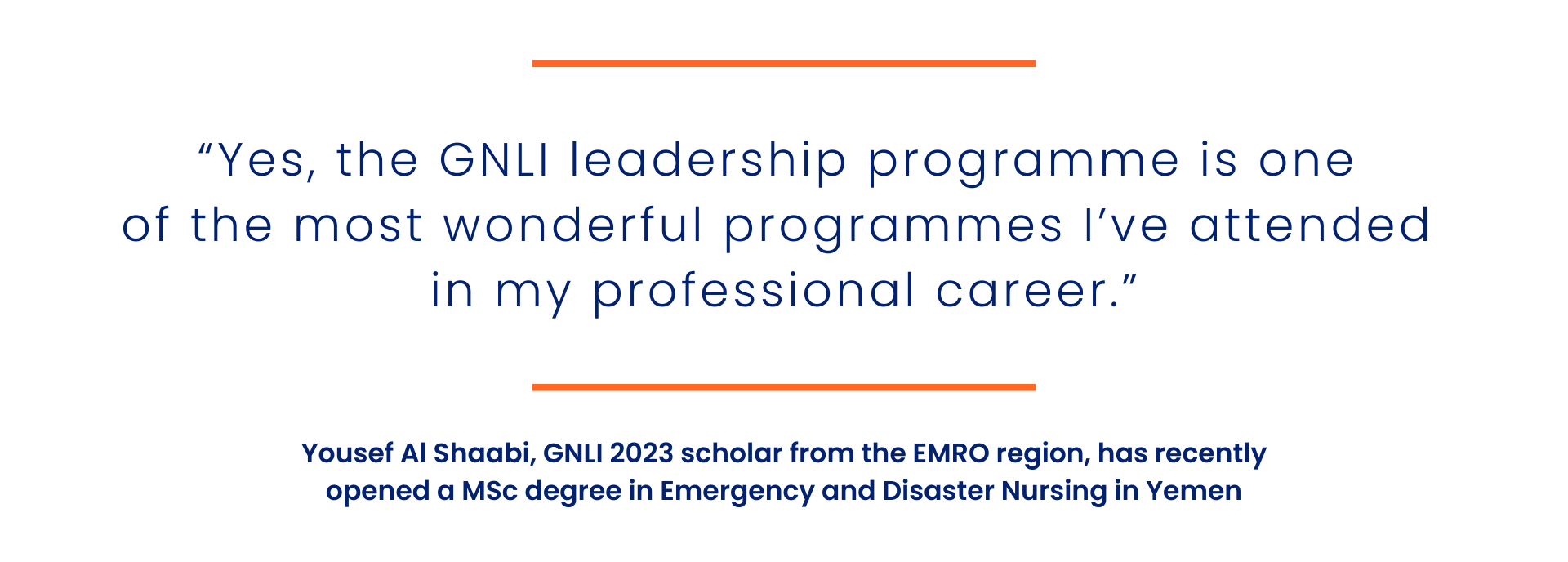
Programme Faculty

Diana J. Mason, PhD, RN, FAAN (USA)
GNLI Programme Director and Facilitator for the PAHO/AMRO region
See more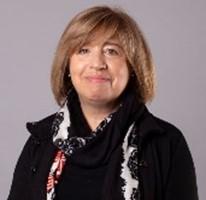
Maria do Céu Barbieri-Figueiredo, RN, MSc, PhD (Portugal)
GNLI Facilitator for the EURO region
See more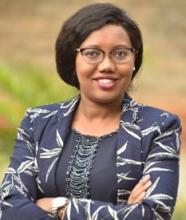
Edna C. Tallam–Kimaiyo, RN, MPH, PhD, CGNC (Kenya)
GNLI Faculty and Facilitator for the AFRO and EMRO regions
See more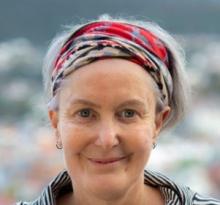
Catherine Schofield, RN, MN, GCNC (Australia)
GNLI Faculty and Facilitator for the WPRO region
See more
